Bullet Train feels like a Quentin Tarantino movie the way Suburbicon felt like a Coen Brothers one. In that it feels like an imitation. It feels “inspired by.” It borrows all of Tarantino’s best ideas but doesn’t quite deliver them with the same level of violent artistry. It is a copy that isn’t quite as sharp as the original. Which doesn’t make it a bad movie. It is, in fact, a lot of fun. But is it more than just a 127 minute distraction?
Now the Tarantino parallels aren’t surprising. If you were trying to describe Kotaro Isaka’s novel by way of word association, “Tarantinoesque” will most likely be the first word that comes to mind, what with its high body count, colorful assassins, cheeky banter, and caper-y plot. It is something director David Leitch faithfully adapts, right down to one character’s habit of seeing everything in terms of the Thomas the Tank Engine universe.
Tickets Please?
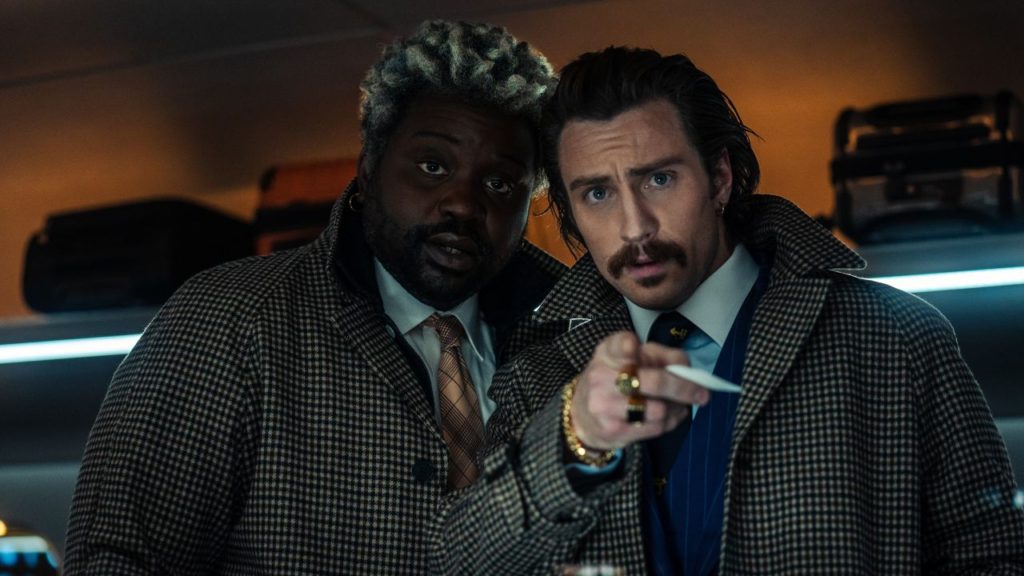
The action here takes place on a high-speed Japanese bullet train. On board are a group of assassins, all of whom seemingly connected in some way or other. Kimura (Andrew Koji) is looking to murder the person responsible for putting his young son into a coma. Tangerine (Aaron Taylor-Johnson) and Lemon (Brian Tyree Henry) are two contractors who have been hired to recover a gangster’s kidnapped son and return him to daddy dearest. And Prince (Joey King) plays the innocent schoolgirl in order to hide her deep-seated sociopathic tendencies. Caught in the middle of all this is Ladybug (Brad Pitt), a highly trained but chronically unlucky hitman, who seems to be suffering from an existential crisis, and constantly on the phone with his handler (Sandra Bullock).
Bullet Train falls firmly within that subgenre of action movies that take place in moving things. Movies that can be described with the words: “It’s like Speed, but on a…” But unlike say, Snowpiercer, this movie isn’t too concerned with being a metaphor for anything. Here, the Shinkansen merely serves to provide a sense of propulsive forward motion. All of these characters are speeding towards some (potentially) terrible end, and our enjoyment of the movie lies in just how much ingenuity is derived from this setting.
To that end, David Leitch uses these constraints remarkably well. The train cars, the luggage racks, the toilets, even the various station stops, are all deployed with great effect to keep us interested and engaged throughout. The close up fight sequences are as good as we’ve come to expect from the guy behind John Wick and Atomic Blonde. And while we didn’t really need all of those CGI kabooms in the third act, it must be said that none of it feels too gratuitous or overwhelming.
Next Stop… Mayhem!

The cast are great. Joey King is sinister. Hiroyuki Sanada is sexy. And Michael Shannon seems to be having a great time hamming it up as a mad Russian yakuza boss. The chemistry between Aaron Taylor-Johnson and Brian Tyree Henry is also particularly delightful.
But the shining light here remains Brad Pitt. His casual charm and effortless wit, the ease in which he slips between comic foil and action hero, is a reminder of why he is a superstar. (Heck, you could probably watch a whole entire movie with just Brad Pitt and Sandra Bullock talking to each other on the telephone.)
As far as adaptations go, Bullet Train is a relatively good one. Like the novel, its only concern is to provide the audience with an irresponsible escapist fantasy. It is, however, a movie you’ve seen before. You know how most of it plays out. No one is what they seem. People die. Sometimes in cleverly brutal ways. And then?
Bullet Train is an amusing, action packed, romp. It delivers on what it sets out to do. Nothing more. Nothing less. The question is whether or not you’ll remember any of it as you’re walking out of the cinema.

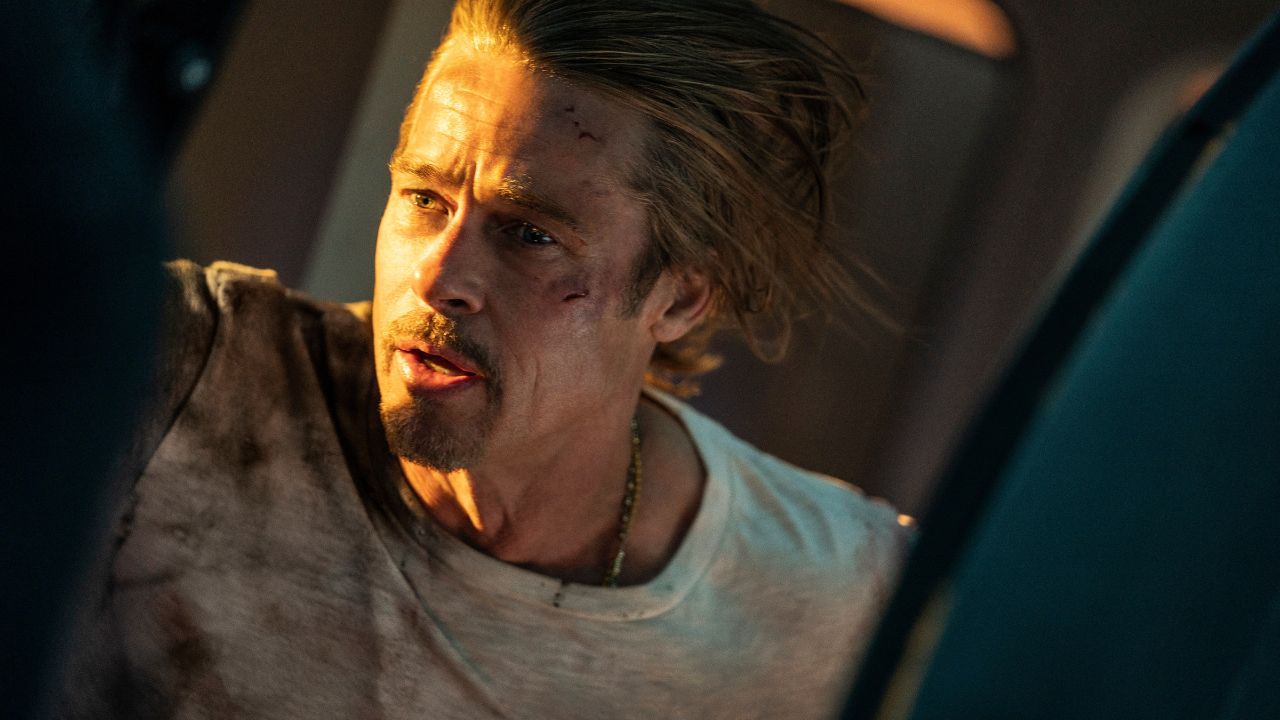

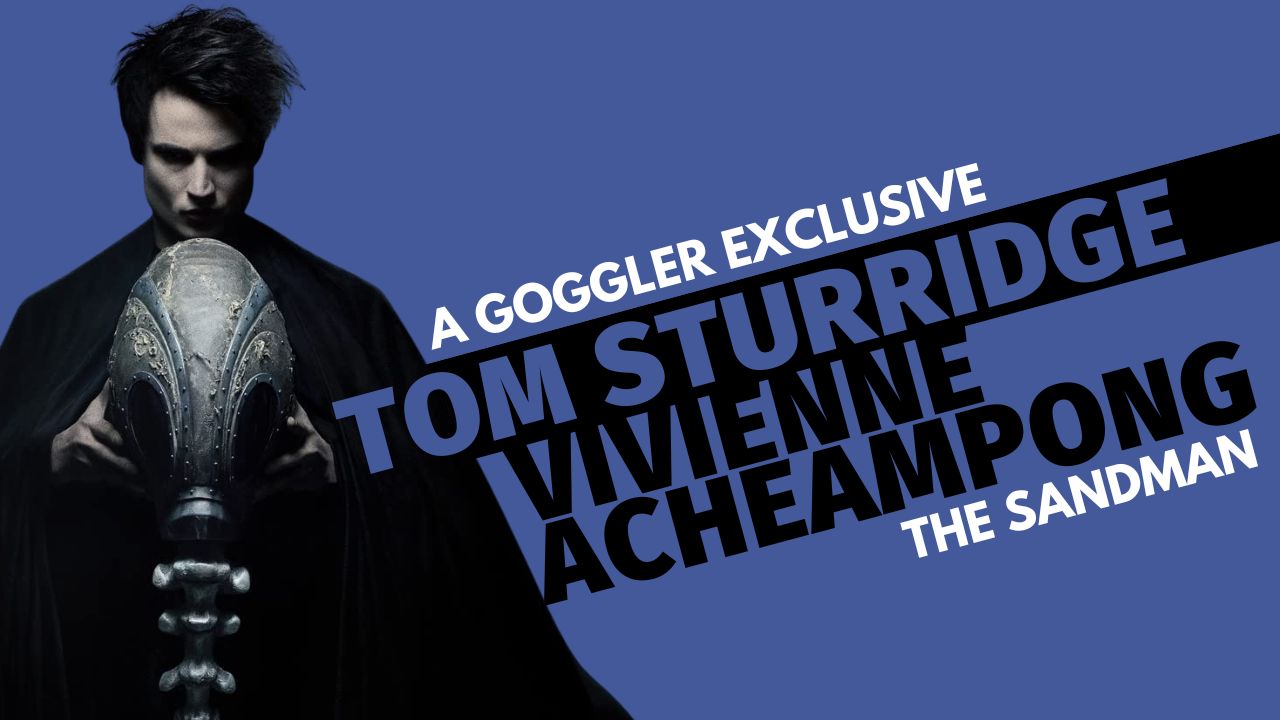
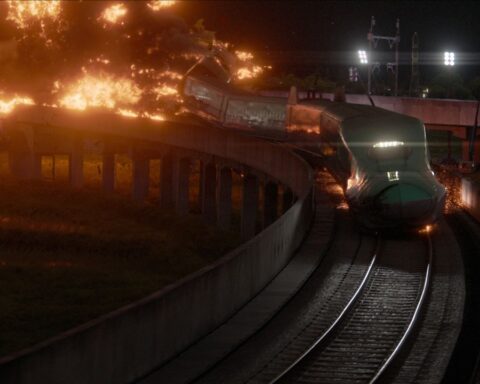
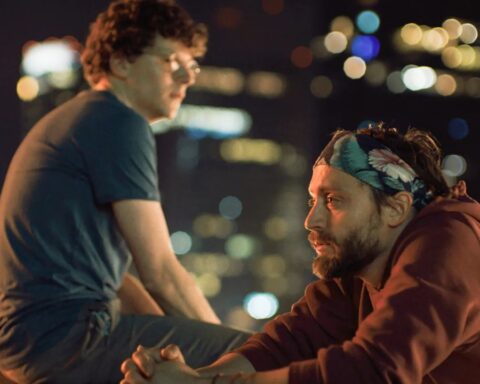
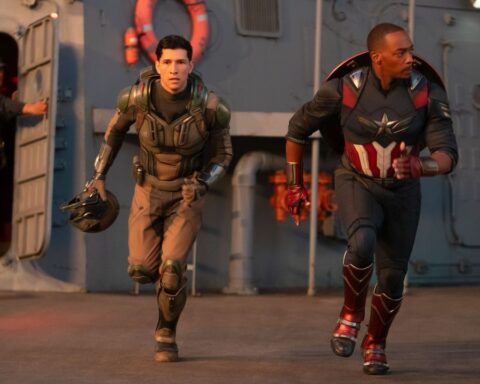
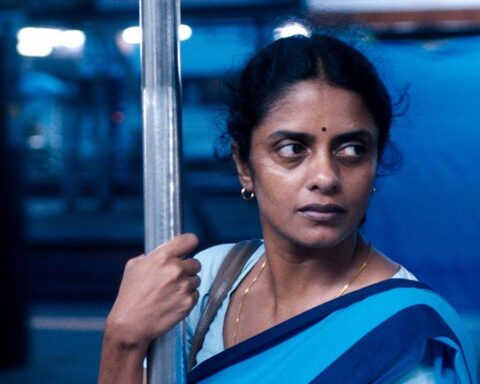

Follow Us